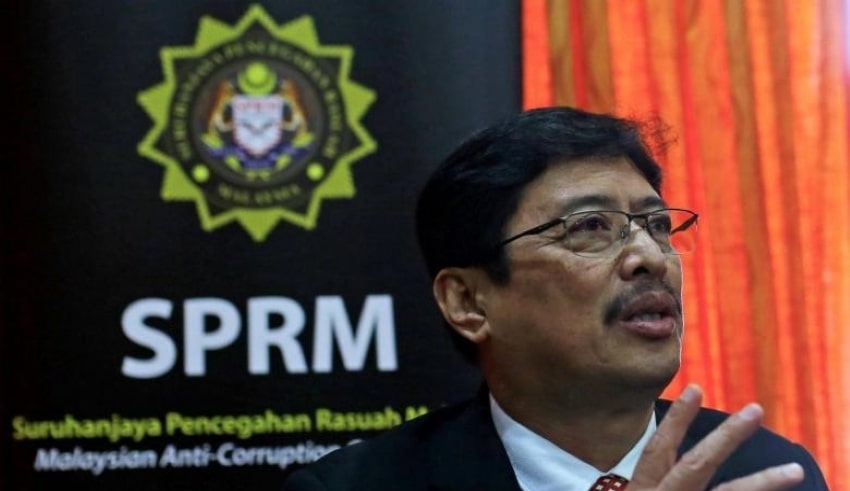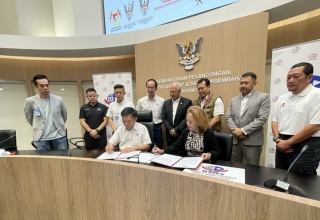
 Malaysia – K Lalitha, a senior researcher at the Centre for Combating Cronyism and Corruption (C4), stated that the content she posted in her articles and tweets on Tan Sri Azam Baki, the chief commissioner of the Malaysian Anti-Corruption Commission (MACC), was sourced from reliable sources.
Malaysia – K Lalitha, a senior researcher at the Centre for Combating Cronyism and Corruption (C4), stated that the content she posted in her articles and tweets on Tan Sri Azam Baki, the chief commissioner of the Malaysian Anti-Corruption Commission (MACC), was sourced from reliable sources.
As the defendant in Azam’s defamation lawsuit, she made the assertion in her statement of defense.
Messrs Ibrahim and Fuaadah submitted the statement of defense the other day and it was released to the media yesterday.
“The defendant has summarized the information accurately,, honestly, and neutrally based on what she has gathered from reliable sources.”
According to the statement, “the defendant claims that it is necessary in the public interest for the public (of whom its readers are made up) to receive open and unconstrained disclosure of specific information.”
Related Posts
59-year-old Azam Azam filed a complaint against Lalitha on January 12th, alleging that she published defamatory stories about him on the Independent News Service (INS) news agency site in connection with his suspected purchase of stock market shares in 2015.
According to Azam’s statement of claim, the defendant had published two articles titled ” Business Ties Among MACC Leadership: How Deep Does It Go? (Part 1)” and “Business Ties Among MACC Leadership: How Deep Does It Go? (Part Two) ” in the INS, which she republished on December 15, last year.
He alleged that on her Twitter account @LalithaVelvet, the defendant had tweeted links to the articles that were still available today.
The articles, according to Azam, were sensational, scandalous, and offensive, and were written and republished with the intention of giving the readers the impression that the plaintiff was a corrupt civil servant who had abused his position as a senior MACC official for the benefit of his or her sibling.
In order to prevent Lalitha or her agents from making, publishing, or causing the defamatory statement to be republished, he sought an order from the court requiring the defendant to delete the articles and tweets within three days of the judgment and to issue an apology that would be published in newspapers and social media platforms that he chose.
In addition, he is demanding RM10 million in general damages, aggravated damages, interest, expenses, and any other compensation the court deems appropriate.






























